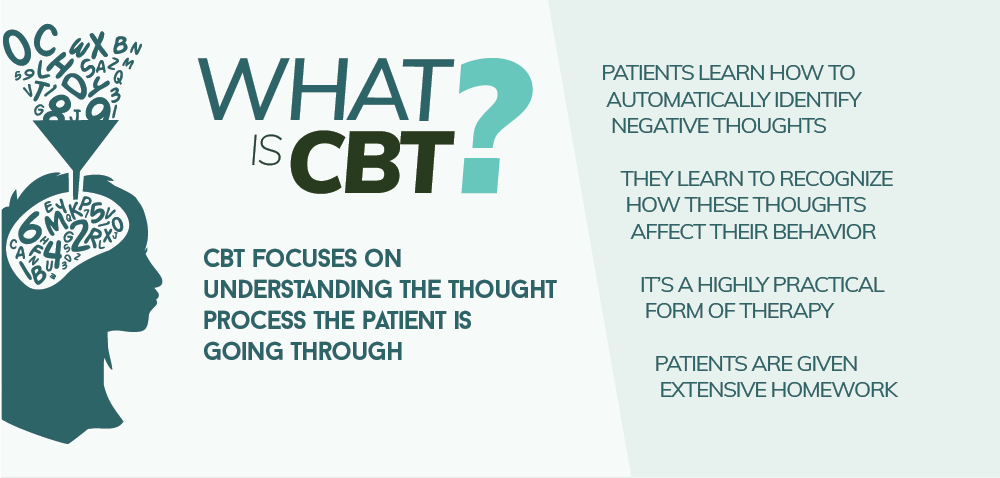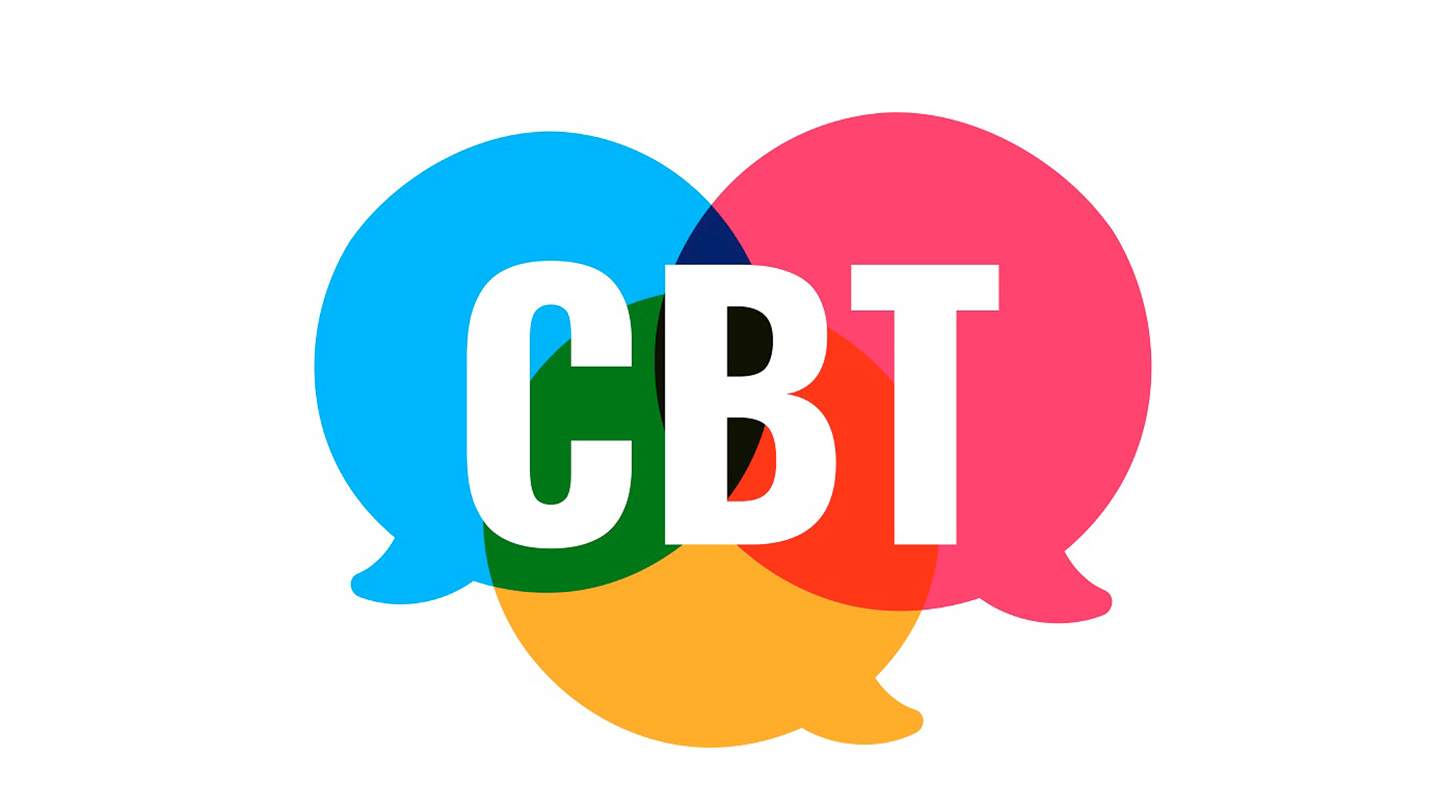Cognitive
behavioral therapy (CBT) is a psycho-social intervention that aims to improve
mental health.
CBT focuses on challenging and changing
unhelpful cognitive distortions (e.g. thoughts, beliefs, and attitudes) and
behaviors, improving emotional regulation, and the development of personal
coping strategies that target solving current problems.
Originally,
it was designed to treat depression, but its uses have been expanded to include
treatment of a number of mental health conditions, including anxiety.
CBT can be
seen as having six phases:
Assessment
or psychological assessment;
à Step 1: Identify critical behaviors,
Step 2: Determine whether
critical behaviors are excesses or deficits
Step 3: Evaluate critical
behaviors for frequency, duration, or intensity (obtain a baseline)
Step 4: If excess, attempt to
decrease frequency, duration, or intensity of behaviors; if deficits, attempt
to increase behaviors.
2 Reconceptualization;
Skills acquisition;
Skills consolidation and application
training;
Generalization and maintenance
Post-treatment assessment follow-up.
________________________________________________________________________________
1. Stress Less CBT Tool:
2. Cognitive Behavioral
Therapy (CBT) - how to use the very basics:
Does CBT Work?
The effectiveness of CBT is partially dependent on the client. Your willingness to do your homework, explore your thoughts, and understand your behaviors is a significant predictor of your long-term success.
Studies have repeatedly shown that CBT can be highly effective, often working much more quickly than other therapies. However, it is unlikely to work with people currently in crisis. No matter how hard you work to change your thoughts and feelings about domestic violence, CBT won't change the pain of being in an abusive relationship. Likewise, CBT may not be effective for abuse survivors, since survivors may feel that CBT pathologizes their feelings, thereby stunting the healing process.
In recent months, CBT has come under fire for its focus on the here and now. Some research suggests that CBT might be less effective in the long-term. Consequently, if you want the best results, it may be best to pursue CBT first to get immediate results, and then to pursue a long-term, insight-oriented approach such as psychodynamic psychotherapy.


